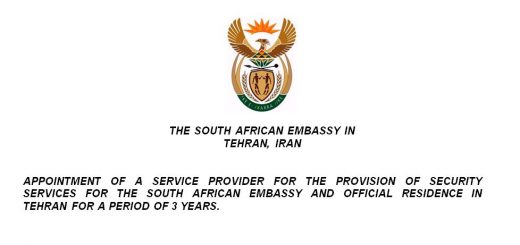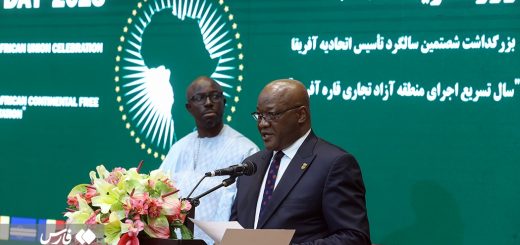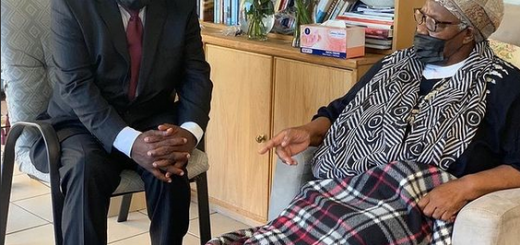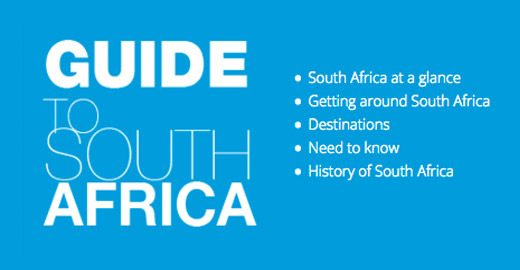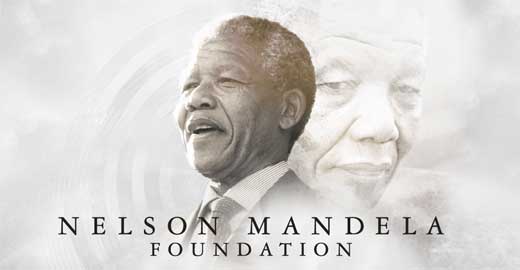WOMEN’S MONTH 2020
WOMEN’S MONTH 2020
KEY MESSAGES
BRIEF:
Every year, in August, our country marks Women’s Month, when we pay tribute to the more than 20 000 women who marched to the Union Buildings on 9 August 1956 in protest against the extension of Pass Laws to women.
This year’s commemoration will be held under the theme: “Generation Equality: Realising women’s rights for an equal future”. It also comes at a time when the country is fighting the COVID-19 pandemic.
The COVID-19 lockdown has witnessed an increase in domestic violence and abuse, leaving women vulnerable and in danger. The impact of the pandemic on society has the potential to reverse progress we have made on women empowerment and eradicating poverty.
As the country works towards overcoming the social and economic fallout of COVID-19, government has put in place a comprehensive package of interventions to mitigate the expected impact of COVID-19. It includes measures to support and protect women in our society during these challenging times.
| Women’s Month During COVID-19 |
| Women remain disproportionately affected by COVID-19.While the State of Disaster was necessary to slow the spread of COVID-19 it has also affected the livelihood of millions of women in the informal sector through loss of income, job losses, etc. Cases of gender-based violence have continued during the lockdown resulting in women being displaced from homes. Women on the frontline in fighting the virus have also lost their lives through infection, robbing homes of primary caregivers. The culling of jobs across the country has resulted in loss of income to many single-headed households where mothers/grandmothers/aunts care for multiple family members. Young women in schools have been unable to access sanitary products to manage their menstrual cycles, due to schools being closed. This brings to light the need for the Sanitary Dignity Programme to ensure women are able to manage their menstrual cycles with dignity. Women continue to carry the burden of unpaid care work. Women are expected to care for children and families while at home, as well as maintaining the home. This care burden is also extended to family members, children across the family, neighbours, etc. |
| Closing gaps in gender disparities |
| Since 1994 great strides have been made to ensure women enjoy the same rights as their male counterparts in relation to education, employment, property, inheritance and justice. During Women’s Month, we pay tribute to women in the liberation struggle and the women of today.The women of 1956, and countless others set the tone for gender equality and empowerment in a democratic South Africa. Due to the selfless acts of many, South African women have taken their rightful place in parliament, government and civil society. South Africa increased the access of girls to education, initiated bursaries and training programmes for young women and allocated funds for women entrepreneurs. More however still needs to be done to ensure the full participation of women in the economy and women in leadership positions. We must work to remove the barriers which prevent women from entering and thriving in the labour market. The promotion of gender equality and women’s empowerment is central to government’s efforts to combat poverty and stimulate sustainable development. |
| Government is committed to ending GBVF |
| Various forms of abuse like economic abuse, blesser syndrome, illegal labour practises, emotional abuse, physical abuse, workplace harassment, harassment and sexual abuse at places of worship, or places of higher learning, continue at alarming levels. Government has set up Thusong Service Centres as one stop centres for services, and these services extend to women requiring help with reporting cases of GBV by facilitating engagements with SAPS and Social Workers. The Khuseleka Centres offer a continuum of services to victims of crime and violence.Survivors of gender based violence can call 24 hour toll free number – 0800 428 428. The National Strategic Plan and formation of the National GBV Council show efforts by government to coordinate the efforts of thousands of South Africans to end GBVF. Government alone cannot eradicate this scourge and calls on all sectors to partner with it in creating safer communities. End homophobic bullying in schools, places of learning and in society by reporting such acts to school management and the police. Every person must place a role in ending abuse by addressing stereotypes and making abuse an open topic. No abuse must go unhindered. Families and communities must unite against abusers by reporting these abusers and providing support to victims. |
| Priorities for women and girls during Women’s Month |
| South Africa to focus on the following priorities for accelerating progress for women and girls in your country for the coming five years through laws, policies and programmes? Equality and non-discrimination under the law and access to justice. Quality education, training and life-long learning for women and girlsPoverty eradication, agricultural productivity and food security. Eliminating violence against women and girls.Access to affordable quality health care, including sexual and reproductive health and reproductive rights. Strengthening women’s participation in ensuring environmental sustainability. Gender-responsive planning, budgeting, monitoring, evaluation and auditing must be implemented across all departments. Digital and financial inclusion for women. Addressing economic injustice, addressing unequal pay for work of equal value, glass ceilings, juniorisation of women at places of work, etc. |
| Women with disabilities |
| Women with disabilities face compounded discrimination. We must break stereotypes and misnomers that frame disabled women, as weak, or unable to work and care, and have a social life. We must address cultural and societal judgements that occur as a result of a women’s disability or inability in one particular area. Know me by my ability, not my disability. We are all different. It’s our strength |
| Advancing women empowerment through economic justice |
| The promotion of gender equality and women’s empowerment is central to our efforts to combat poverty and stimulate sustainable development. Empowerment of women is everyone’s business and needs the support of government, business, labour and civil society. Let’s invest in women entrepreneurship to grow our country’s economy. The 2020 MTEF guidelines have made a requirement that departments show how much of budgets goes to the following beneficiaries / lens: Women, Youth (and children) and Persons with Disabilities, pro-poor and pro-rural communities. We have advocated for an all-inclusive approach to Women’s Financial Inclusion across all sectors of the economy. Support the continued strengthening and further development of women’s capacity in leadership, management, ownership and entrepreneurship. |
| Ending discrimination against LGBTQIA+ Community |
| Sexual Identity and Sexual preferences are personal choices that do not take away a person’s human rights. Homophobic or transphobic attitudes are harmful and have no place in a free and democratic society. A woman’s personal preferences in no way affects you as a fellow South African. |
Contact Person:
Shalen Gajadhar (Mr)
Director: Communications
Department of Women, Youth and Persons with Disabilities
012 359 0300
060 979 4235
E-mail: shalen.gajadhar@women.gov.za
